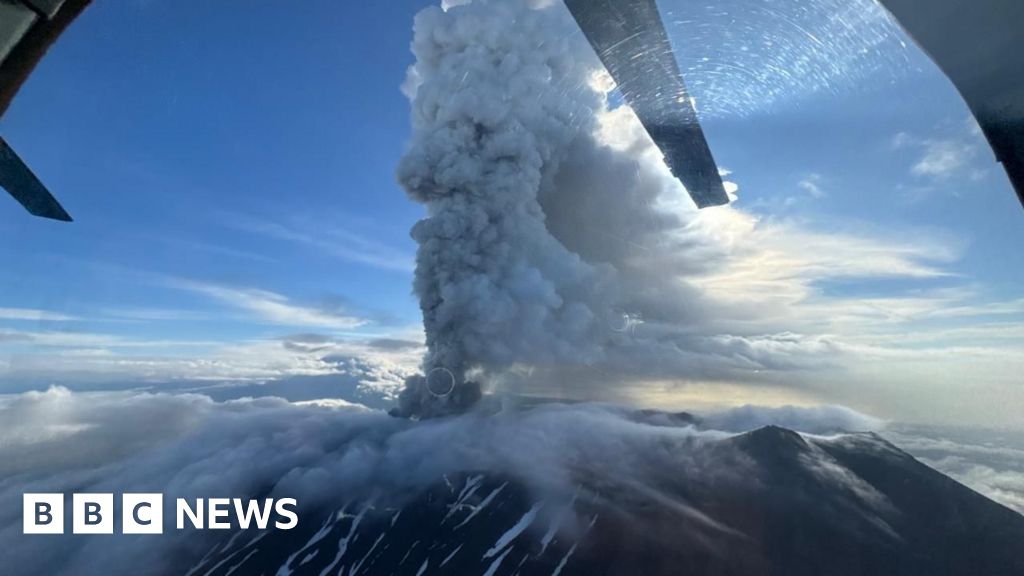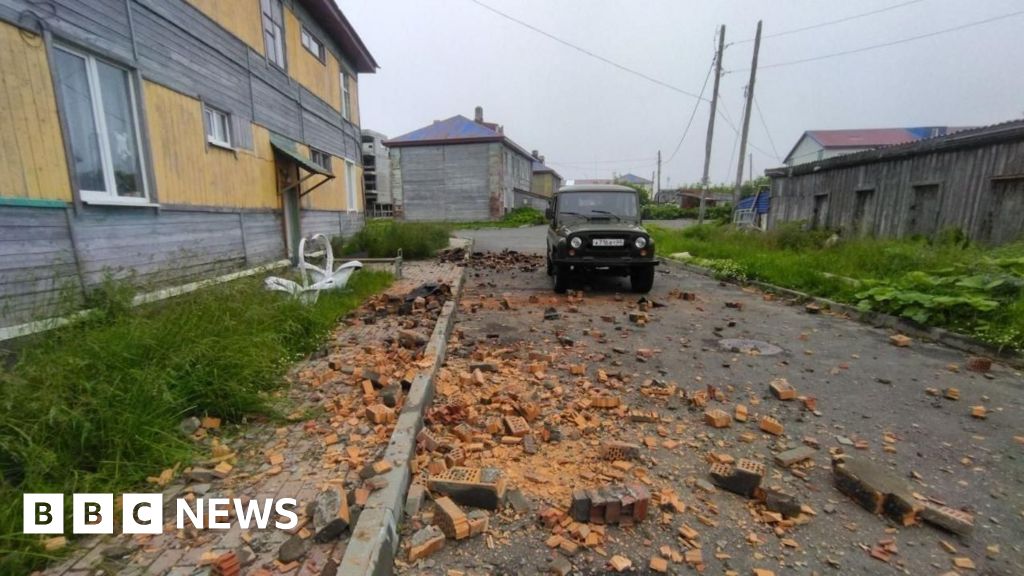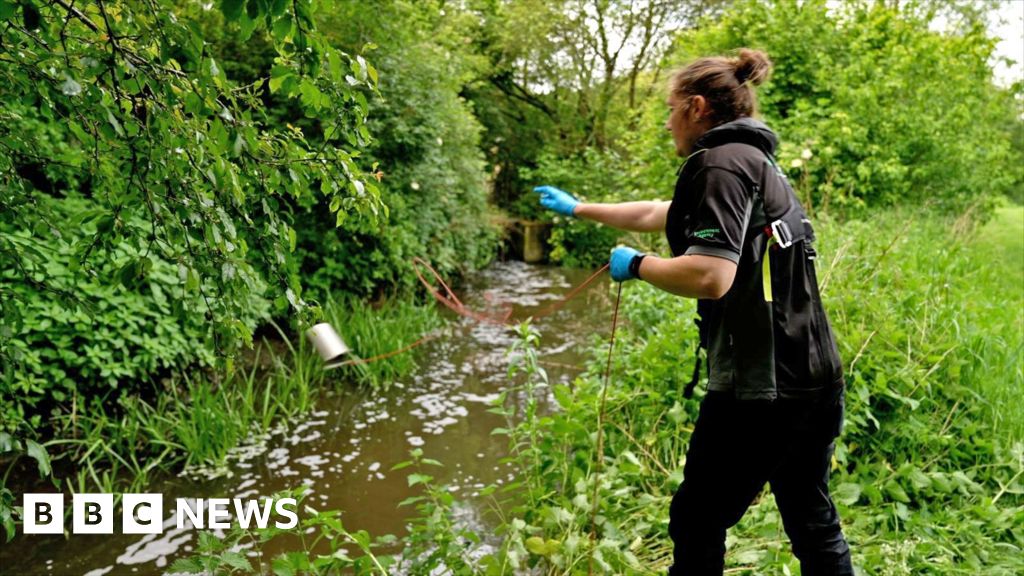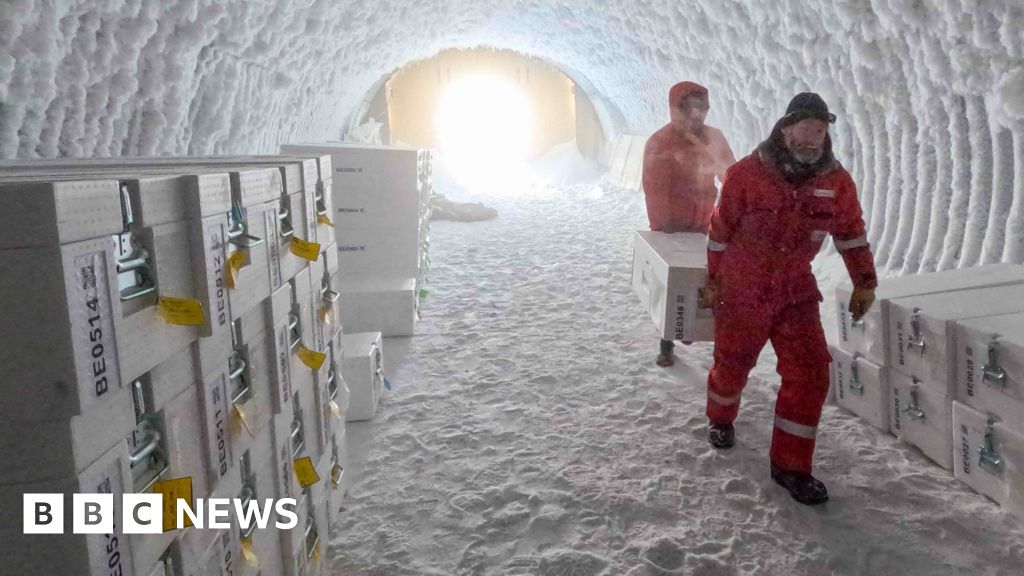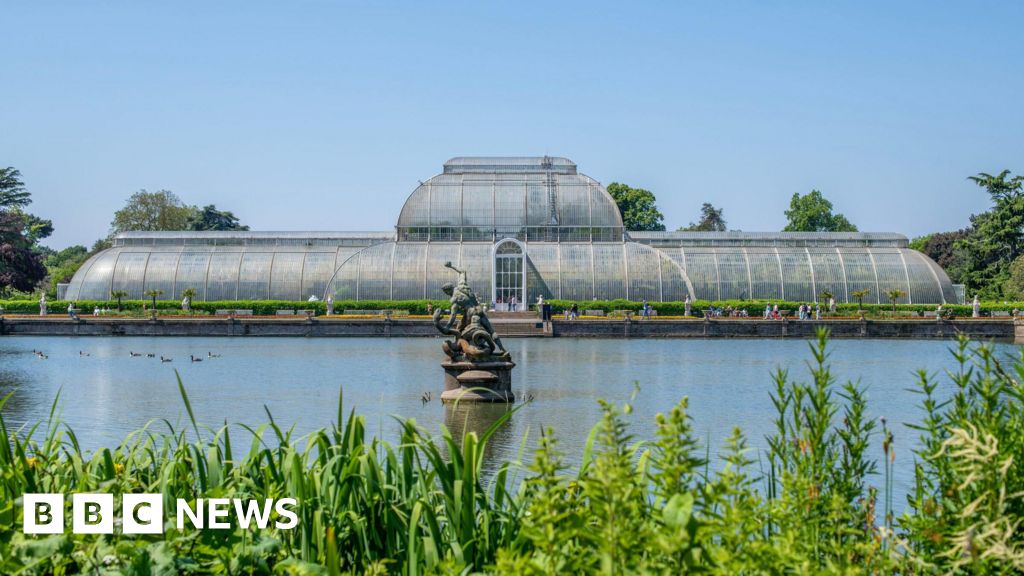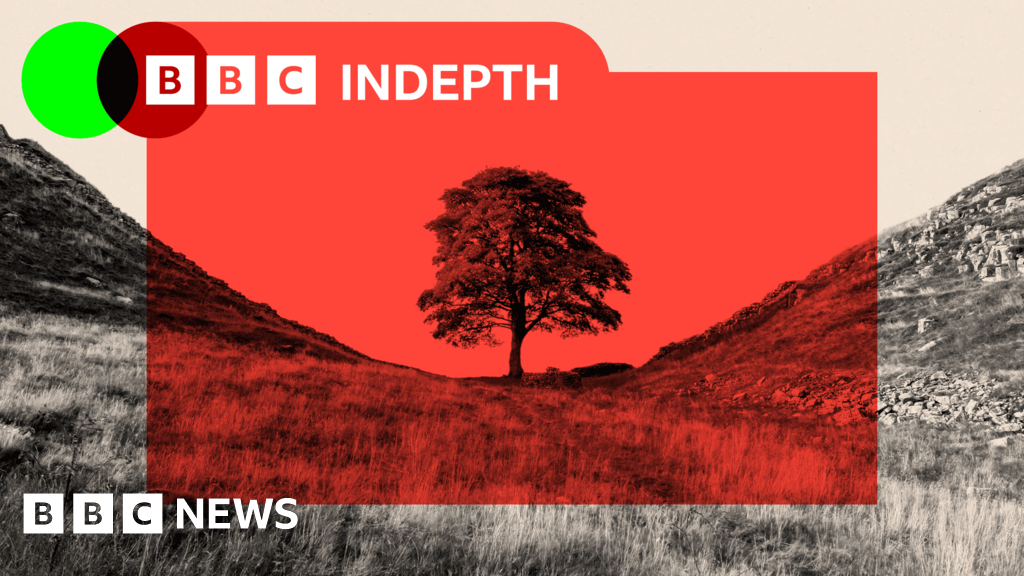[ad_1] A volcano in far eastern Russia has erupted for the first time in more than 500 years, which experts say may be linked to last week's massive earthquake.The Krasheninnikov Volcano in Kamchatka threw up an ash plume up to six kilometres (3.7 miles) high overnight. There are no threats to populated areas, Russia's emergency ministry said.Hours later, another large earthquake in Russia led to tsunami warnings in three areas
[ad_1] Imogen FoulkesGeneva correspondentBBCIn a small village in Switzerland's beautiful Loetschental valley, Matthias Bellwald walks down the main street and is greeted every few steps by locals who smile or offer a handshake or friendly word.Mr Bellwald is a mayor, but this isn't his village. Two months ago his home, three miles away in Blatten, was wiped off the map when part of the mountain and glacier collapsed into the
[ad_1] Victoria GillScience correspondent, BBC NewsWatch: some of the strange, extreme life filmed at the depths of the oceanBeds of clams, mats of bacteria that look like ice and fields of tube worms - these are just some examples of the strange, extreme life that an expedition to the deepest parts of the ocean has observed, filmed and photographed.Diving in a human-occupied submersible to ocean trenches in the northwest Pacific
[ad_1] Esme Stallard and Mark PoyntingBBC News Climate and ScienceIt has been one of the strongest earthquakes ever recorded – but so far has not brought the catastrophic tsunami that many feared.When the 8.8-magnitude quake struck eastern Russia at 11:25 local time on Wednesday (00:25 BST), it raised concerns for coastal populations across the Pacific.Millions of people were evacuated, as minds cast back to the devastating tsunami of Boxing Day
[ad_1] Simon KingLead Weather PresenterBBCListen to this article being readAndrew Davies was on his way to New Zealand to work on a Doctor Who exhibition, for which he was project manager. The first leg of his flight from London to Singapore was fairly smooth. Then suddenly the plane hit severe turbulence."Being on a rollercoaster is the only way I can describe it," he recalls. "After being pushed into my seat
[ad_1] Jonah FisherBBC environment correspondentJonah Fisher/BBCBetween May and July 2025 10,000 tests for water pollution at the Environment Agency's Starcross laboratory in Devon were cancelledThousands of water tests to identify potential harmful pollution in rivers, lakes and estuaries in England have been cancelled in the last three months due to staff shortages, the BBC has learned.The Environment Agency confirmed the cancellations after campaigners showed us internal emails and documents with
[ad_1] Georgina RannardClimate and science correspondent, British Antarctic Survey, CambridgePNRA/IPEVThe end of the ice cores are a 1.5 million year or even older time capsuleAn ice core that may be older than 1.5 million years has arrived in the UK where scientists will melt it to unlock vital information about Earth's climate.The glassy cylinder is the planet's oldest ice and was drilled from deep inside the Antarctic ice sheet.Frozen inside
[ad_1] Rebecca MorelleScience Editor andAlison FrancisSenior Science JournalistWatch: BBC goes behind the scenes at Kew Gardens ahead of major Palm House renovationIt's a makeover on a massive scale - it involves moving 1,300 plants, replacing 16,000 panes of glass and cleaning up hundreds of tonnes of iron.This is the ambitious £50m plan to renovate the world-famous Palm House, which sits at the heart of the Royal Botanic Gardens Kew.The hot
[ad_1] Helen BriggsEnvironment correspondentBBCJames Canton spent two years sitting beneath an 800-year-old oak tree near his home in Essex, watching acorns fatten and butterflies land on the massive knurled grey trunk. Sometimes he sat in the branches too.Canton, a lecturer at the University of Essex, recalls how it helped him feel a "sense of connection". "We're happier sat in an oak tree ten foot from the ground, watching blue tits
[ad_1] Georgina RannardClimate and science correspondentProf Daniel J Mayor @oceanplanktonA tiny, obscure animal often sold as aquarium food has been quietly protecting our planet from global warming by undertaking an epic migration, according to new research.These "unsung heroes" called zooplankton gorge themselves and grow fat in spring before sinking hundreds of metres into the deep ocean in Antarctica where they burn the fat.This locks away as much planet-warming carbon as

